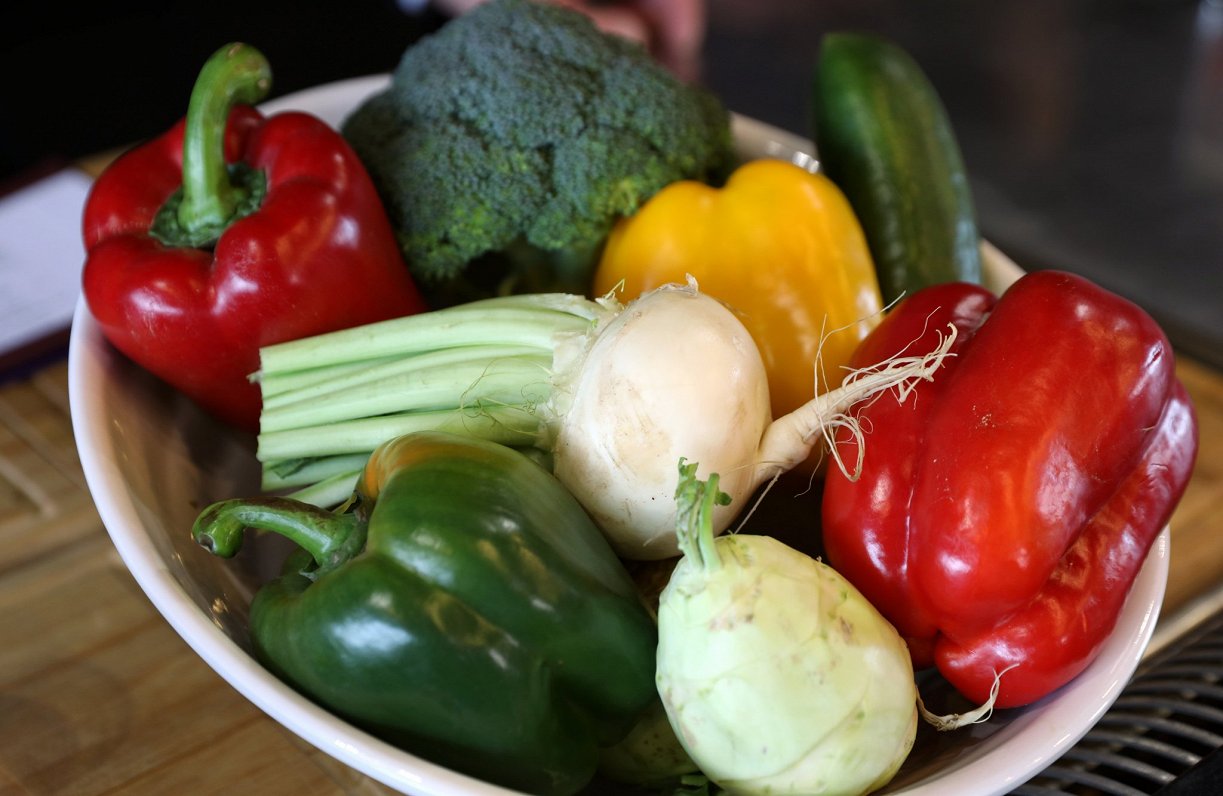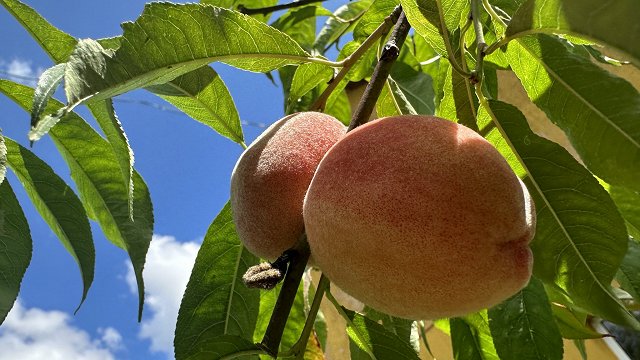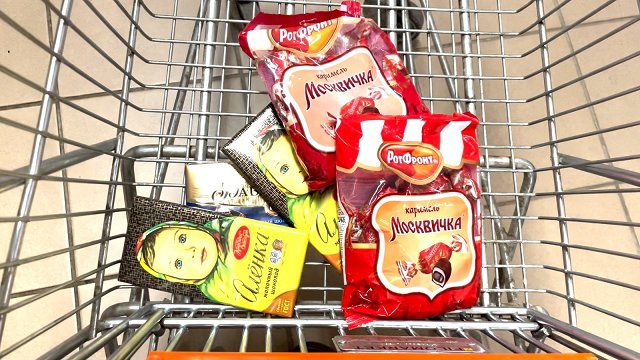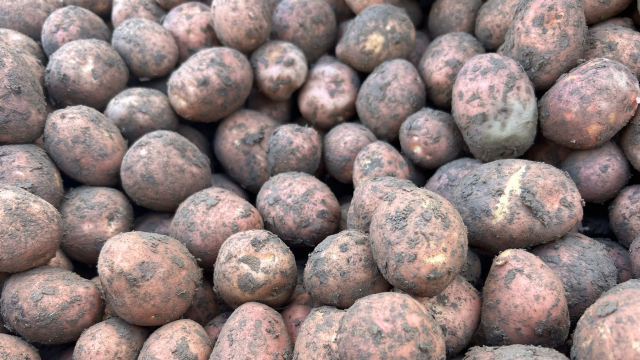The inspections focused on the traceability of fresh vegetables, fruit and berries, including information in accompanying documents and labelling, the indication of the country of origin (on the price label or other information accompanying the product) and other information provided to consumers, as well as the quality and storage conditions of fresh vegetables, fruit and berries.
In 11% of the inspections carried out, consumers were found to be misled or not given information on the origin of the products. In 10% of cases, the country of origin indicated to consumers was different from the country of origin indicated in the accompanying documents, while in 8% of cases the country of origin was not indicated in the accompanying documents.
In 11% of the inspections carried out, the quality of the products was found to be inadequate, including sub-standard. For example, cucumbers, tomatoes, carrots, peppers, aubergines, mandarins, bananas and pears were found to be marketed as defective.
In 2% of the inspections carried out, inadequate storage conditions were found, such as breaches of hygiene requirements, non-compliance with storage temperatures, etc.
In 4% of the inspections carried out, products were found to be labelled inadequately. For example, cut watermelons at a point of sale were not provided with consumer information. In another outlet, cut pre-packed vegetables were found to have an extended shelf life.
Four cases of unregistered food activities were also detected.
Thirty recall notices were issued for the infringements detected. More than 700 kilograms (and 88 pieces) of spoiled lemons, apples, beetroots, peppers, potatoes, strawberries, pears, red onions, tomatoes, broccoli, cauliflower, etc. were withdrawn.
In 16 cases, fines and penalties were imposed on the undertakings.



























